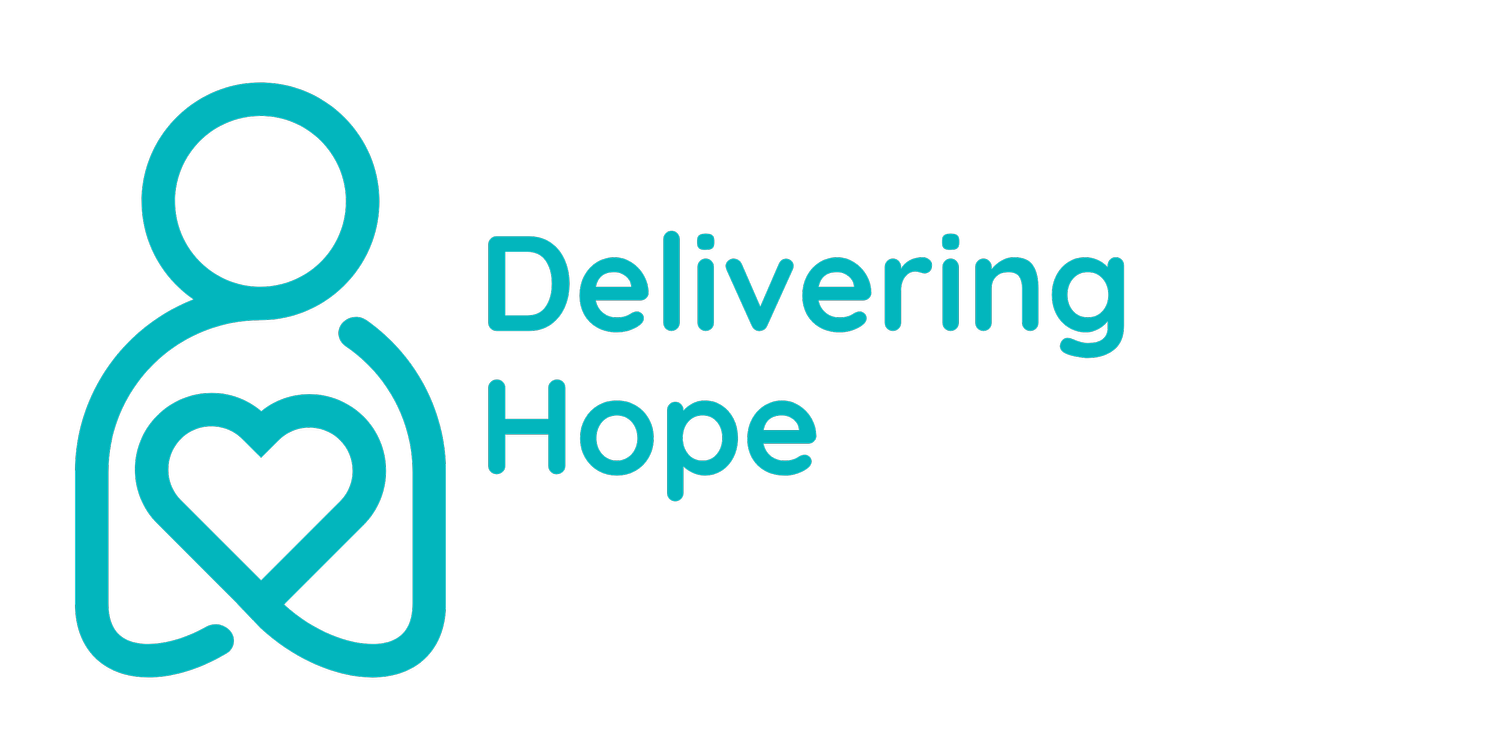About Us
Lack of access to medical supplies, clinics and hospitals threaten the lives of women in low to middle income countries. We work to reduce these deaths of expecting mothers due to complications from pregnancy and childbirth.
Our organization collects and ships medical supplies from the United States to clinics and hospitals in need, in hopes that we can help decrease maternal mortality and morbidity. These supplies assist in promoting safer pregnancies and births.
How We Help
The United States throws away several billion pounds of medical supplies each year. In this trash, there are many unused, disposable supplies such as clamps, sutures, gloves, surgical instruments and syringes that are in great condition. We take these supplies that would otherwise be thrown away and make sure they are delivered to clinics and maternity wards in the effort to reduce maternal mortality.
Where We’ve Helped
-
Delivering Hope works with Columbia University’s GlobeMed program to provide Mama Kits for HIV+ mothers in Uganda.
In Uganda, expectant mothers must bring their own medical supplies to the hospital if they wish to deliver there. Sadly, if a woman does not bring the necessary supplies with her, she will most likely be turned away.
Along the kit, mothers will learn how to use each item in case they are not able to make it to the hospital to deliver. Our Mama Kits lessen some of the financial burdens associated with childbirth for expectant mothers in Uganda.
-
In Papua New Guinea, most of our supplies are sent to Port Moresby General Hospital (PMGH).
PMGH supervises about 90% of the births in the capital city of Papua New Guinea.
One of the clinics associated with this hospital is located high in the mountains of Sogeri. This area can be very chilly and experiences a lot of rain. Maternal mortality rates are highest in rural regions where women have little access to medical equipment, and where the majority of births take place without the presence of skilled attendants. Healthcare workers at Sogeri clinic have begun to address this issue in their village by using the crocheted baby clothes they received from Delivering Hope to convince mothers to have a supervised birth at the health center.
-
We have delivered hope to the Philippines where we partnered with the Dr. Jose Fabella Memorial Hospital.
More than 20,000 deliveries occur each year at this facility. Here, the drapes sent by Delivering Hope are often cut in two and used for two separate expecting mothers undergoing surgical procedures.
The kiwi vacuums included in the shipments we sent to this hospital were especially appreciated by the residents who take care of these patients. The residents shared that patients will not receive any medications or special equipment unless they are purchased privately by the patient or her family. If the family is unable to afford these supplies, the residents often chip in to provide necessary medications and materials from their own salaries.
-
We will continue to collect medical supplies from U.S. hospitals and deliver them to clinics and maternity wards around the world to help reduce the prevalence of maternal morbidity and mortality.
We look forward to maintaining our current relationships with multiple clinics and hospitals around the globe and continuing to expand our outreach to expectant mothers in need.



